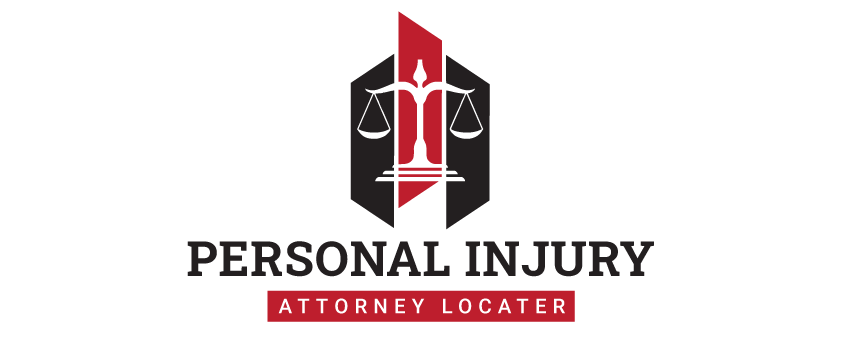What Does a Personal Injury Attorney Do?
0
Personal injury attorneys assist their clients in seeking compensation for medical expenses, lost income, property damage and physical and emotional suffering caused by an injury. Furthermore, punitive damages may also be sought as part of this legal representation.
Step one in conducting and performing discovery is conducting an investigation and interviewing witnesses, obtaining CCTV footage and reviewing police and medical reports.
Gathering Evidence
Personal injury cases involve two forms of evidence; physical and circumstantial. Tangible items like photographs, torn clothing or documents relating to insurance may serve as physical evidence in court cases proving negligence on part of an at-fault party.
A good lawyer will do their utmost to gather proof of any type. They may request witness statements and contact information as well as any police reports or incident reports available; depending on the nature of their case, they may even collect business or building safety inspection reports which were in existence at the time of incident in question.
Circumstantial evidence is vitally important when it comes to personal injury cases. For example, if an injured party can no longer work full-time after experiencing injuries, pay stubs and documentation showing their income loss provide crucial proof that their injury has negatively impacted their quality of life.
Liability Analysis
Once your personal injury attorney has compiled all the pertinent data, they will conduct a comprehensive liability analysis involving an in-depth review of statutes, case law and common law as well as medical records to establish who is at fault for your injuries.
An effective personal injury claim requires proof of four elements: duty, breach, causation and damages. The responsible party owed you an obligation to act in a certain way but failed to do so and their actions led directly to injuries and losses suffered as a result of that action.
Personal injury cases often involve multiple parties, for example if you are filing suit against both a doctor and hospital for malpractice. When this is the case, determining liability can be complex. Your New York City injury lawyer will help identify who is at fault as well as determine an adequate amount of compensation including past and future medical costs, lost income compensation, pain and suffering payments as well as any other losses suffered due to their actions.
Preparing for a Settlement or Trial
Some injury cases are relatively straightforward and feature an accommodating insurance adjuster willing to offer an equitable settlement, but most personal injury lawyers must prepare the case as though it will go to trial, including interviewing witnesses and gathering statements, investigating accident scenes, hiring experts such as accident reconstructionists and consulting with medical specialists, life care planners or economists.
Once your lawyer has an accurate picture of both your injuries and future needs, they can submit a demand package to the liability insurance carrier. Typical elements include medical bills, reports and documentation of income losses; in cases that involve projected future treatment or loss, an economist may also be hired by your lawyer in order to project values.
An effective personal injury attorney is skilled at negotiation and will strive to maximize your claim according to the severity of your injuries and long-term needs. However, if an insurance company refuses to make a fair offer for settlement purposes, your attorney may file suit against them instead.
Representation in Court
When you have been injured, your lawyer will contact those that may be held accountable for compensating you – usually this includes other drivers involved in an auto accident, employers of employees who have been hurt at work, manufacturers of products that cause injury and insurance companies.
Once information has been gathered, your attorney will conduct a liability analysis, often conducting extensive research into pertinent statutes, case laws and legal precedent.
At this stage, your goal should be to identify all parties responsible for your injury; both those that can negotiate a settlement and those against whom a lawsuit must be brought to trial (although many personal injury claims can be settled outside court).
Ask your attorney what his or her policy on expense reimbursement if your case is lost. Some lawyers don’t expect their clients to reimburse any “out-of-pocket” expenses incurred on their behalf; while other may insist they do.

